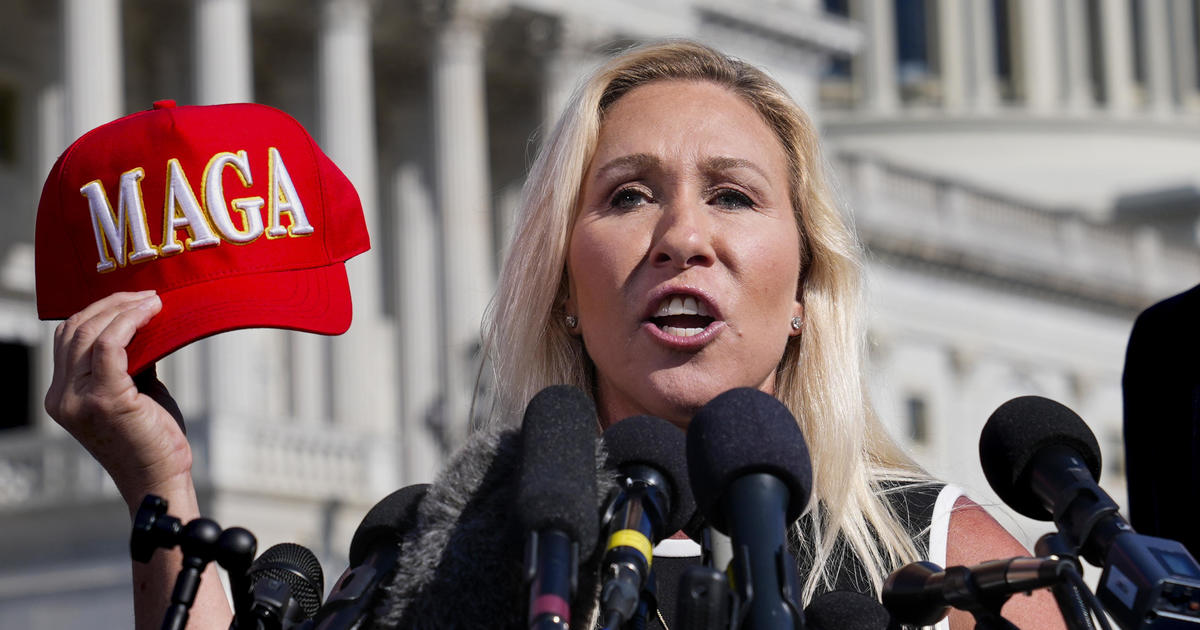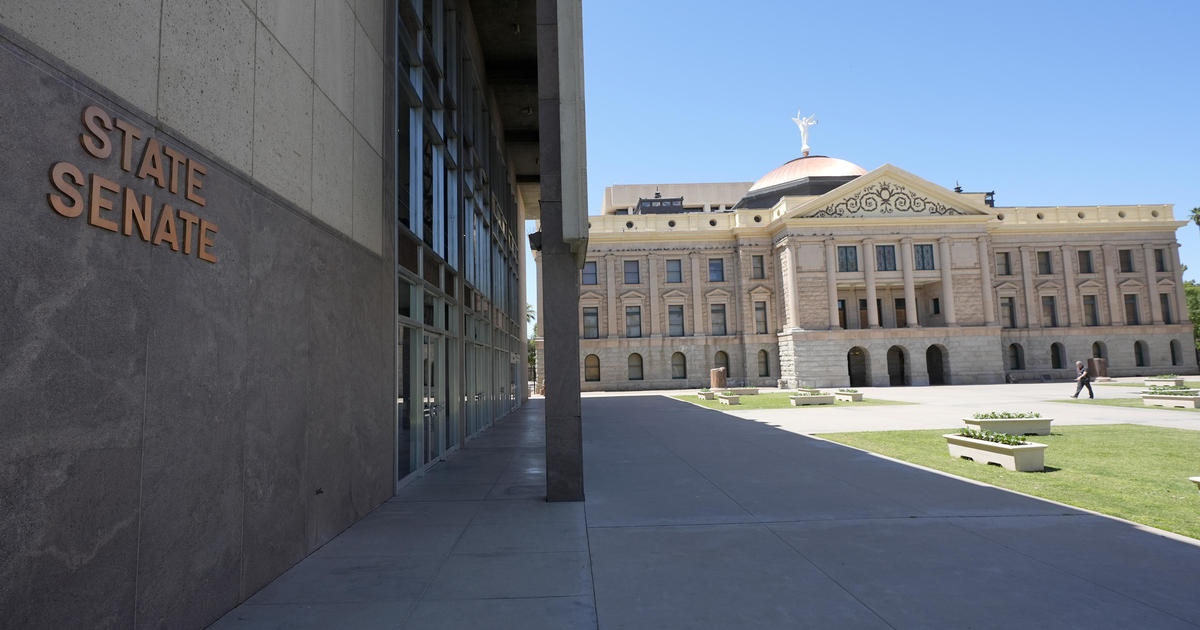Israel claims "ironclad" proof that the Obama administration was behind U.N. rebuke
JERUSALEM - Doubling down on its public break with the Obama administration, a furious Israeli government on Tuesday said it had received “ironclad” information from Arab sources that Washington actively helped craft last week’s U.N. resolution declaring Israeli settlements illegal.
The allegations further poisoned the increasingly toxic atmosphere between Israel and the outgoing Obama administration in the wake of Friday’s vote, and raised questions about whether the White House might take further action against Israeli settlements in its final weeks in office.
With the U.S. expected to participate in an international peace conference in France next month and Secretary of State John Kerry planning a final policy speech, the Palestinians said they were hoping to capitalize on the momentum from the Security Council vote.
Although the U.S. has long opposed Israeli settlements on occupied lands, it has traditionally used its veto in the U.N. Security Council to protect its ally Israel from international censure. But in a change of policy, it abstained from Friday’s vote, allowing the resolution to pass by a 14-0 margin.
Israeli Prime Minister Benjamin Netanyahu, who has long had a cool relationship with President Barack Obama, has called the resolution “shameful” and accused the U.S. of playing a leading role in its passage.
On Tuesday, his spokesman went even further.
“We have ironclad information that emanates from sources in the Arab world and that shows the Obama administration helped craft this resolution and pushed hard for its eventual passage,” David Keyes said.
“We’re not just going to be a punching bag and go quietly into the night as the Obama administration helps push such a grave resolution,” he said.
He did not identify the Arab sources or say how Israel obtained the information. Israel has close security ties with Egypt, an original sponsor of last week’s resolution. Under heavy Israeli pressure, Egypt delayed the resolution last week before other council members presented it for a vote a day later. Egypt ended up voting in favor of the measure.
Keyes claim mirrors that of his boss Netanyahu, who told his Cabinet on Sunday: “From the information that we have, we have no doubt that the Obama Administration initiated it, stood behind it, coordinated on the wording and demanded that it be passed.”
Netanyahu insists that there is nothing wrong with his controversial policy of building Jewish towns in occupied areas that the Palestinians, with overwhelming world support, claim for their state.
U.S. Ambassador to the UN Samantha Power defended the U.S. abstention, saying, “We would not have let this resolution pass if it hadn’t addressed counterproductive steps by the Palestinians.” And she added that the vote “does not in any way diminish the United States’ steadfast and unparalleled commitment to the security of Israel.”
Power also warned that settlements make it harder to negotiate a separate Palestinian state, which the administration believes is crucial to a lasting peace, CBS News’ Margaret Brennan reports.
“The United States has been sending a message that the settlements must stop, privately and publicly, for nearly five decades,” Power said.
Israel’s recent diplomatic defeat would be much more damaging if not for a potential remaining and rather major ace in Netanyahu’s hand: the incoming Trump Administration.
In a striking departure from past policy of incumbent presidents waiting on the sidelines, Trump tried to scuttle the resolution and called for a U.S. veto. After the vote, Trump vowed that “things will be different after Jan. 20th.”
Critically, he has appointed an outspoken supporter and donor to the settlements, his longtime attorney David Friedman, as ambassador to Israel. And aides say Trump is serious about a promise to move the U.S. Embassy from Tel Aviv to Jerusalem, which even many Israelis fear could spark violence. The Palestinians claim east Jerusalem, home to sensitive religious sites, as the capital of the future state to which they aspire.
After Friday’s vote, Netanyahu’s office said he looked forward to working with Trump “to negate the harmful effects of this absurd resolution.”
It remains unclear what Trump might be able to do. While he will be able to wield the U.S. veto to prevent further action against Israel in the council, mustering enough votes to overturn Friday’s decision appears to be impossible.
The basis for the resolution is found in the Geneva conventions, which forbid the settling of areas captured in war from another country. Israel has said the law doesn’t apply because the territory was captured from Jordan, which has renounced all claims to the land. Israel has also defended the occupation on religious and security grounds.
When Netanyahu’s rivals in Israel oppose the settlements, it is not necessarily due to a conviction that could be peace could be at hand, but rather for concern for Israel’s democracy. If Israel becomes inseparable from the West Bank, it will have to grant its 2.5 million Palestinians voting rights, or increasingly be unable to call itself a democracy.
The country is toxically divided on the issue, and key sectors of society, including intellectual elites and much of its security establishment, want to see settlements end. Many of them welcome - some openly, and many more quietly - any world pressure to bring that about.
Dan Miodownik, a professor of political science and international relations at Hebrew University, said there were actually some positive elements for Israel in the resolution.
He said it endorsed the idea of territorial swaps, meaning that Israel could keep some settlements as part of a negotiated peace deal. And the differentiation between Israel proper and the settlements signaled that unlike in the past, Israel was no longer being forced to defend its right to exist.



